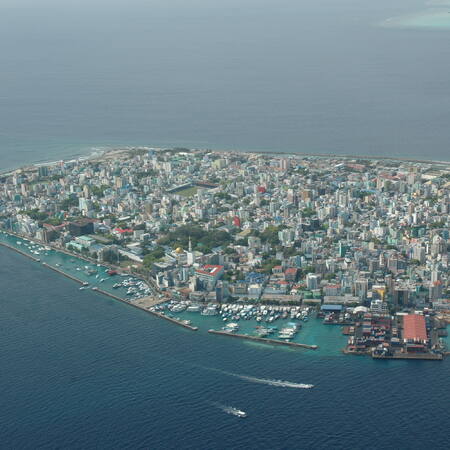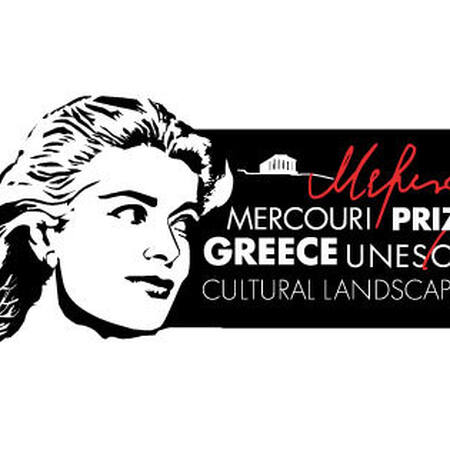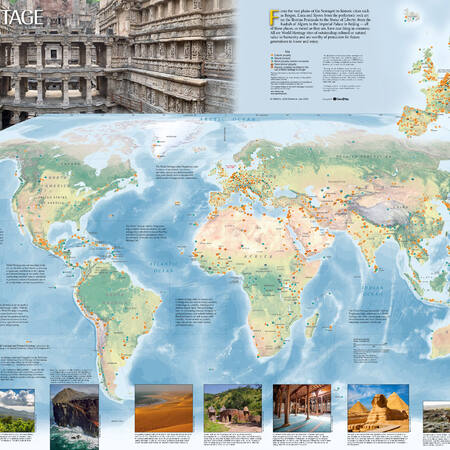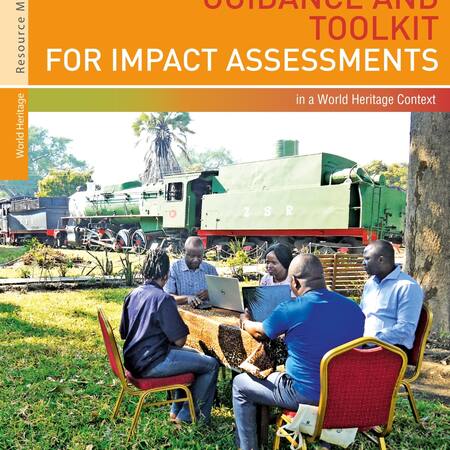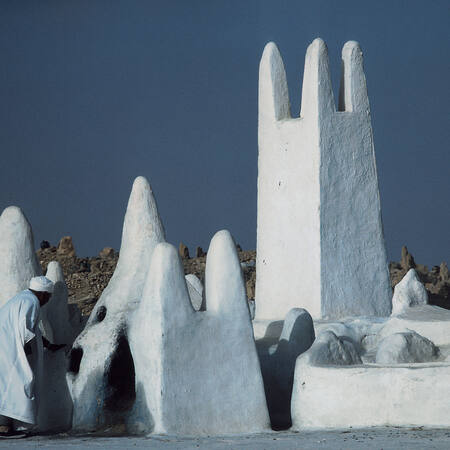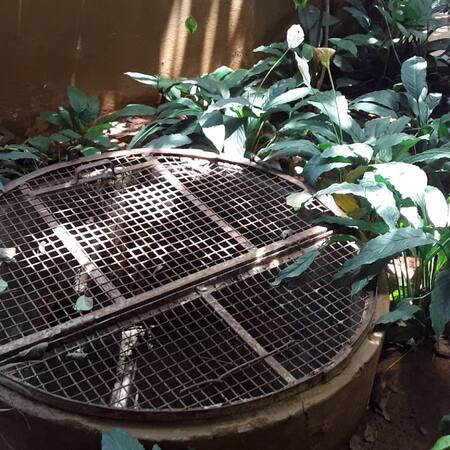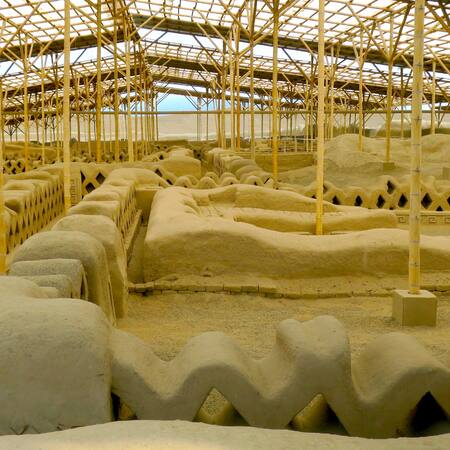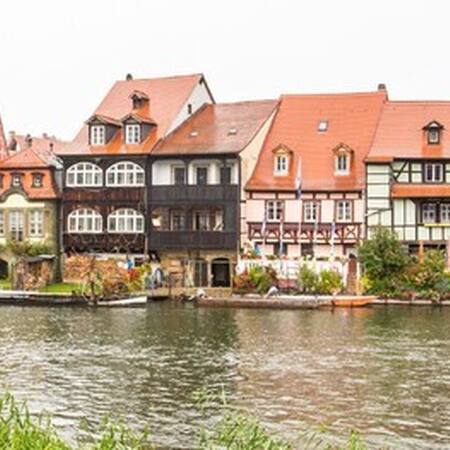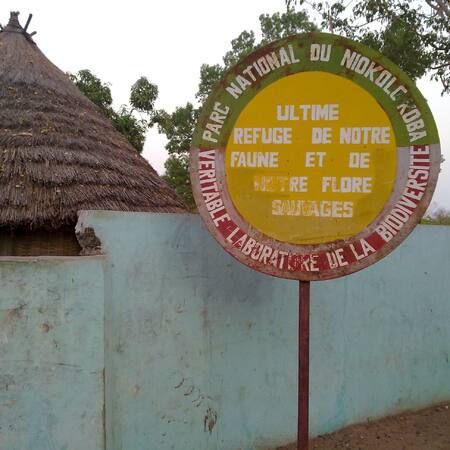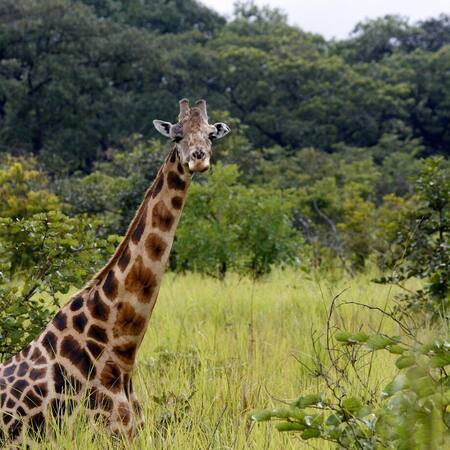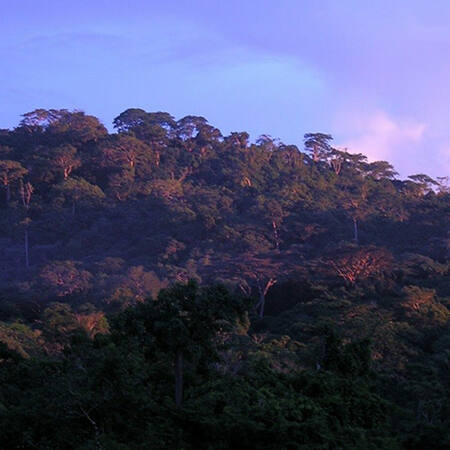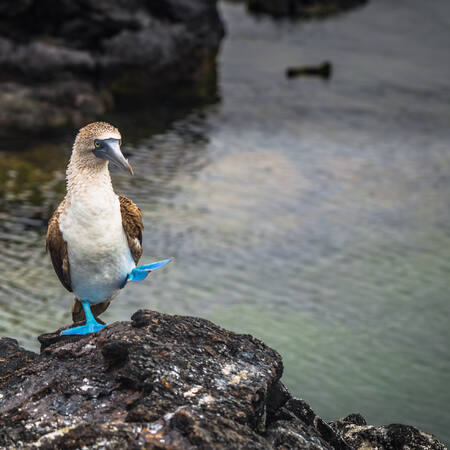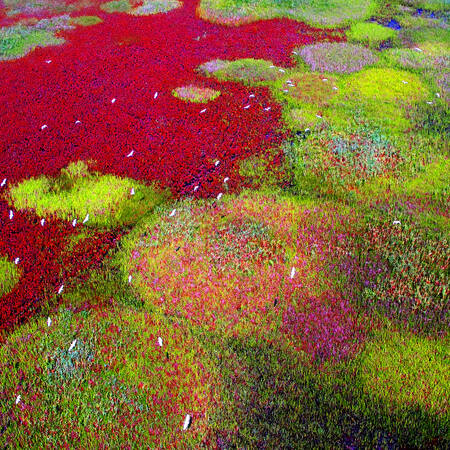World Heritage and Sustainable Tourism Programme
The UNESCO World Heritage and Sustainable Tourism Programme represents a new approach based on dialogue and stakeholder cooperation where planning for tourism and heritage management is integrated at a destination ...
Featured
World Heritage Site Managers' Forum
In recent years, it has become an established practice that a forum is organised in conjunction with each World Heritage Committee session. Since the 41st session of the Committee (Krakow, 2017), site managers from ...
Featured
Understanding, managing and conserving World Heritage properties requires up-to-date knowledge and well-honed skills. To help build the capacity of all stakeholders in World Heritage – whether they are ...
Featured
World Heritage Programme for Small Island Developing States (SIDS)
Small Island Developing States (SIDS) are islands of the Caribbean Sea and the Atlantic, Indian and Pacific Oceans. They are some of the most beautiful places on Earth, with atolls of white sand beaches, mountain ...
Featured
Retrospective Inventory and "boundary clarifications"
The Retrospective Inventory is a project aiming at the identification and collection of baseline data (such as boundaries, geographical coordinates, serial components, area of properties in hectares, etc.) for ...
Renewable Energy Transition and World Heritage
Climate change is one of the defining issues of our time, and with over 30 programs in the sciences, education, culture and communication sector, UNESCO is actively contributing to create knowledge, educate and ...
The UNESCO-Greece Melina Mercouri International Prize for the Safeguarding and Management of Cultural Landscapes was created in 1995 to reward outstanding examples of action to safeguard and enhance the world’s ...
This large format full-color map features the World Heritage sites and brief explanations of the World Heritage Convention and the World Heritage conservation programmes, as well as superb photos of World Heritage ...
Featured
Uplifting the perception of the List of World Heritage in Danger
The World Heritage Centre has developed a project with the objective to conduct an overall reflection and study on the image/perception of the List of World Heritage in Danger and to propose approches aiming at ...
Guidance and Toolkit for Impact Assessments in a World Heritage Context
UNESCO and the Advisory Bodies to the World Heritage Committee have issued new guidance for assessing impacts from projects that could potentially affect the planet’s most precious heritage places. Designed ...
Featured
Promoting traditional environmental knowledge in the M’Zab Valley (Algeria)
The traditional settlements of the M’Zab valley were adapted to their environment and climate. Floodable areas were occupied only by temporary structures and not by dwellings. Water infrastructure was a core ...
A research project tests tools such as photogrammetry, laser scanning and community mapping, to record the interaction between tangible and intangible layers of traditional settlements in China and India.
The Million wells for Bengaluru campaign is an initiative to build one million shallow wells using traditional well-digging techniques. The initiative for the revival of traditional water systems integrates ...
Preventing climate-related impacts in the Chan Chan Archaeological Zone (Peru)
After Chan Chan was placed on the List of World Heritage in Danger, a disaster risk reduction plan was developed and integrated with heritage management mechanisms. The plan provided valuable strategies for ...
Reintroduction of hydropower in the mills district of the Town of Bamberg (Germany)
The installation of a new water turbine at the site of the former water mills in the Town of Bamberg follows traditional water practices while respecting the Outstanding Universal Value of the property. The new ...
Promoting climate change adaptation and mitigation in Lamu Old Town (Kenya)
Lamu Old Town faces multiple threats from climate change, energy needs and rapid social and economic transformation. The Lamu Old town management plan and the Lamu Municipality Waste Management Policy focused on ...
The World Heritage properties of Africa face a variety of threats from armed conflict to development pressures, rapid urbanisation, growth and climate change. Several of these properties are located in conflict and ...
Toward removing Niokolo-Koba National Park from the List of World Heritage in Danger
Created in 1954, the park was inscribed on the UNESCO World Heritage List in 1981 under criterion (x) for its rich fauna, its unique ecosystems, and its remarkable diversity of wildlife. However, in 2007, various ...
Salonga National Park boundary demarcation project
Created in 1970, the park is the second largest forest park in the world in terms of size. It boasts an extraordinary biological richness, with diverse vegetation that constitutes important habitats for species. ...
Ecological Monitoring in Garamba National Park
Over the last decades, Garamba National Park has been a major target of militant ivory and bushmeat poachers, which threatens the site drastically. Therefore, an effective law enforcement strategy and ecological ...
Conflict mitigation in Okapi Wildlife Reserve
With 13,720 km², the Okapi Wildlife Reserve has rich biodiversity and a forest ecosystem with cultural and economic importance for the traditional nomadic pygmy hunters Mbuti and Efe who it is believed, have been ...
Securing Manovo-Gounda St. Floris National Park
play_arrow The Manovo-Gounda St Floris National Park (PNMGSF) is the largest park in the Central African savannas. Inscribed on UNESCO World Heritage List in 1988, the park is a unique refuge of biodiversity, ...
Ecological restoration of the Air and Ténéré Natural Reserves
In 1992, one year after its inscription, the Air and Ténéré Natural Reserves were placed on the List of World Heritage in Danger due to the deterioration of the state of conservation of the property, caused by ...
Avian Flu – A Threat to Biodiversity
Highly pathogenic avian influenza, known as bird flu, is causing significant mortality of wild birds and mammals worldwide, requiring authorities to take action to curb its spread. Previously affecting mostly ...
World Heritage and Biodiversity
Biological diversity underpins ecosystem functioning and the provision of ecosystem services essential for human well-being. World Heritage properties are the most outstanding places on the planet and constitute a ...
Featured



